What is RPG: A Complete Guide of Role-Playing Games
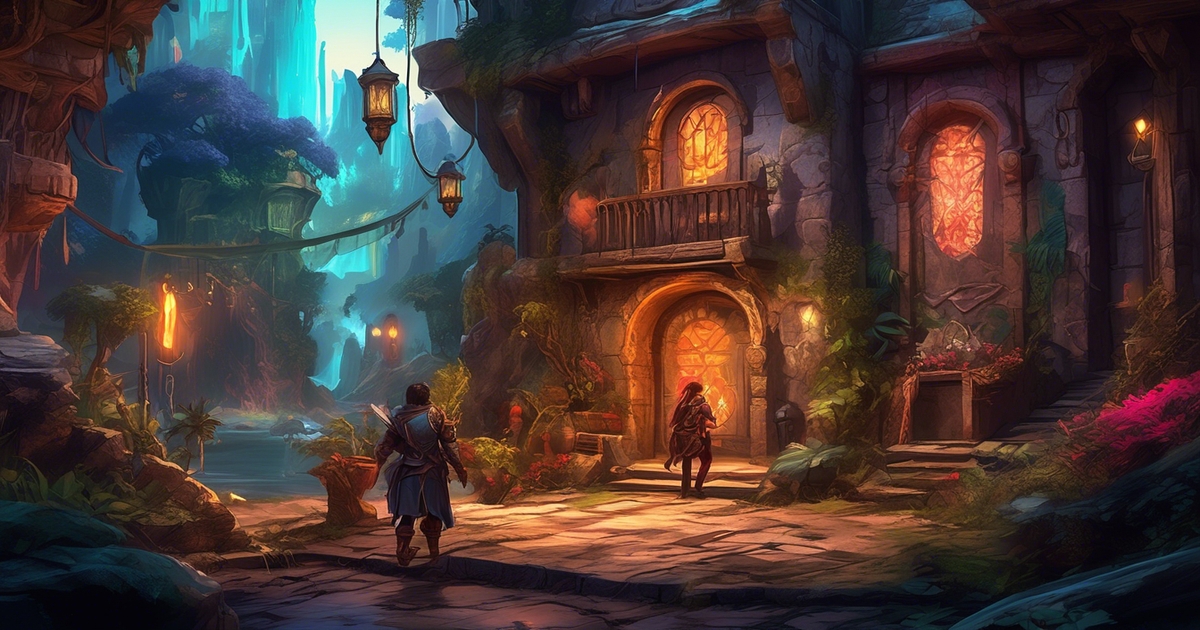
- What is RPG
- The Evolution of RPGs
- Types of RPGs
- Unique Features of RPGs
- RPG vs MMORPG
- Most Popular RPG Games
- Conclusion
- Frequently Asked Questions
I remember the first time I played an RPG.
I played a cool adventure RPG where I got to make my own character and explore a huge world in a multiplayer testing. There are many RPGs like this one. I really got into the story and had fun making choices for my character. It was awesome to be able to do whatever I wanted and talk to other characters in the game. I spent a lot of time playing, doing quests, and making my character better.
It was an experience that sparked my love for RPGs and opened up a whole new world of gaming for me.
But what exactly is RPG? In this article, I’ll go over everything you should know about RPG, short for Role-Playing Games.
What is RPG
Role-playing games (RPGs) are a type of video game genre that allows players to assume the roles of characters within a fictional setting. These games typically involve storytelling, character development, and decision-making that influences the outcome of the game.
RPGs immerse players in a world where they can take on the persona of a character and navigate through various challenges and quests. Players often have the freedom to customize their character’s appearance, abilities, and skills, shaping their unique experience within the game with RPG elements and tabletop role-playing programming. This level of customization is a key aspect that developers focus on when creating RPG games.
In RPGs, players engage in activities such as interacting with non-player characters (NPCs), completing quests, exploring diverse landscapes, and battling enemies. These elements contribute to an immersive gaming experience that blurs the line between reality and fiction.
Some well-known RPG titles include “The Elder Scrolls V: Skyrim,” an open-world fantasy RPG renowned for its vast exploration opportunities; “Final Fantasy VII,” celebrated for its captivating storyline and strategic combat system; and “The Witcher 3: Wild Hunt,” lauded for its rich narrative and morally complex decision-making. But I’ll save more of this for later.
The Evolution of RPGs
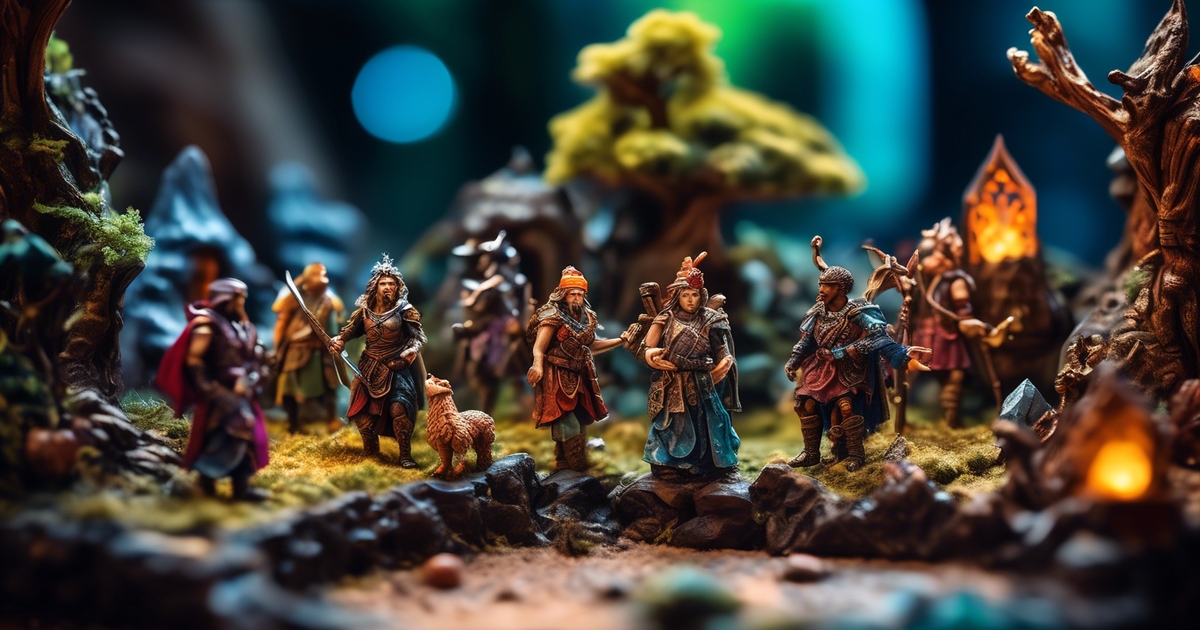
Early forms of RPGs originated from tabletop games like “Dungeons & Dragons.” Players used pen, paper, and dice to navigate through imaginative worlds. These paper RPGs laid the groundwork for video game RPGs.
Then, technological advancements revolutionized the RPG landscape. From the pixelated adventures of “Dragon Quest” to the expansive worlds created by Square Enix, video game RPGs have evolved dramatically. Consoles and PCs enabled developers to create immersive experiences with stunning visuals and intricate storylines.
The evolution of RPGs has had a profound impact on the gaming industry. Many RPGs now feature complex character progression systems, branching narratives, and open-world exploration. This evolution has broadened the appeal of video games, attracting a diverse audience that enjoys the depth and storytelling found in modern RPG titles.
Types of RPGs
Gamers encounter various types of RPG genres, each with unique characteristics and gameplay elements. From adventure RPGs to tabletop RPGs, the gaming world offers a diverse variety.
1. Action RPGs
An action RPG, or role-playing game, is a genre of video game that combines elements of traditional RPGs with gameplay focused on real-time action. Players typically control a character who can engage in combat, exploration, and other activities within a dynamic and interactive game world.
Action RPGs often feature character progression, customizable abilities, and a storyline that unfolds as players complete quests and interact with non-player characters. This genre is known for its fast-paced gameplay, strategic combat, and immersive storytelling, making it a popular choice for gamers who enjoy both action-packed gameplay and deep, narrative-driven experiences.
Examples of action RPG games are The Witcher 3: Wild Hunt, Dark Souls, and Diablo III.
2. First-person party-based RPGs
First-person party-based RPGs are role-playing games where the player takes on the role of a character within a party of adventurers. The game is played from a first-person perspective, allowing the player to immerse themselves in the world and interact with their surroundings and other characters. The player controls the actions of their character as well as the actions of their party members, working together to complete quests, defeat enemies, and progress through the game’s story.
Examples of popular first-person party-based RPGs are The Elder Scrolls V: Skyrim, Divinity: Original Sin 2, and Wizardry 8.
3. MMORPG
MMORPG stands for Massively Multiplayer Online Role-Playing Game. It is a type of video game that allows a large number of players to interact with one another within a virtual world. Players can create their own characters, explore the game world, complete quests, and engage in combat with other players or non-player characters.
Some popular MMORPG games include World of Warcraft, Final Fantasy XIV, and Guild Wars 2. These games have large and active player communities, expansive game worlds, and ongoing updates and expansions that keep players engaged for years.
4. Tactical RPGs
Tactical RPG games, also known as strategy RPGs, are a subgenre of role-playing games that emphasize strategic and tactical combat. Players must carefully plan their moves and consider various factors such as terrain, character abilities, and enemy positioning to succeed in battles.
Three popular tactical RPG games include “Final Fantasy Tactics,” which features a deep job system and complex battles, “Fire Emblem: Three Houses,” known for its engaging story and challenging battles, and “XCOM 2,” a sci-fi tactical RPG with intense turn-based combat against alien invaders. These games offer players the opportunity to engage in deep, strategic gameplay while also immersing themselves in rich storytelling and character development.
5. Roguelike RPGs
Roguelike RPG games are a subgenre of role-playing games that are characterized by procedurally generated levels, permanent death, and often turn-based gameplay. Players typically navigate through dungeons or other hostile environments, collecting loot and battling enemies while trying to survive as long as possible.
Three popular examples of roguelike RPG games are “The Binding of Isaac,” “Enter the Gungeon,” and “Dead Cells.” These games are known for their challenging gameplay, high replay value, and unpredictable nature, making each playthrough unique and exciting for players.
6. Tabletop RPGs
Tabletop RPGs, or tabletop role-playing games, are a type of game where players create and control fictional characters in a collaborative storytelling environment. Players typically take on the roles of these characters and navigate through a fictional world, making decisions and interacting with other characters and the game master, who guides the story.
Some popular tabletop RPG games include Dungeons & Dragons, Pathfinder, and Call of Cthulhu. Dungeons & Dragons is one of the most well-known and widely played tabletop RPGs, featuring a fantasy setting and a variety of character classes and races. Pathfinder is another popular fantasy tabletop RPG that offers a rich and immersive gaming experience. Call of Cthulhu, on the other hand, is a horror-themed tabletop RPG based on the works of H.P. Lovecraft, where players delve into mysteries and confront cosmic horrors.
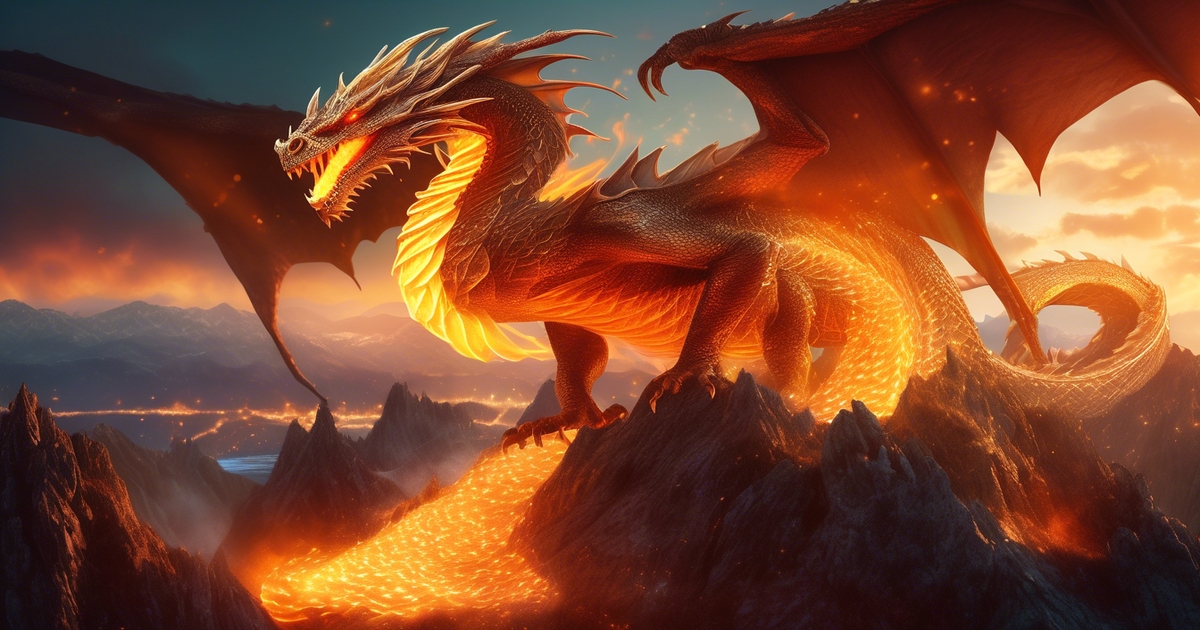
7. Sandbox RPGs
Sandbox RPG games are a type of role-playing game that offers players a vast, open world to explore and interact with. These games often allow players to make choices that affect the game world and storyline, giving them a high level of freedom and agency.
Some popular examples of sandbox RPG games include “The Elder Scrolls V: Skyrim,” which features a massive open world with countless quests and activities to engage in; “Red Dead Redemption 2,” an open-world western adventure with a richly detailed world and immersive story; and “Minecraft,” a sandbox game that allows players to create and shape their own world through building and exploration. These games offer players the opportunity to immerse themselves in rich, dynamic worlds and make their own unique experiences.
Unique Features of RPGs
Here are some unique features of RPG games.
1. Non-linear Storytelling in RPGs
RPGs are known for their non-linear storytelling, allowing players to make choices that impact the game’s narrative. Unlike linear games, where the story unfolds in a predetermined manner, RPGs offer branching storylines influenced by player decisions.
2. Character Progression and Development Features
One of the defining elements of RPGs is the emphasis on character progression and development. Players have the freedom to customize their characters’ skills, abilities, and appearance as they progress through the game. This feature adds depth to the gameplay experience, providing a sense of personalization and investment in the virtual avatar.
3. Emphasis on Decision-making and Consequences
In RPGs, decision-making plays a crucial role, often leading to various consequences that shape the game world. Choices made by players can alter relationships with in-game characters, affect story outcomes, or even determine the fate of entire virtual civilizations. This aspect adds an immersive layer of realism to RPGs, making every decision feel impactful.
RPG vs MMORPG
RPGs, or role-playing games, come in various forms. They can be single-player or multiplayer games that emphasize character development and story-driven gameplay.
On the other hand, MMORPGs, or massively multiplayer online role-playing games, enable thousands of players to interact simultaneously in a virtual world.
Here’s a table comparing these two closely-related game genres:
| Aspect | RPG | MMORPG |
|---|---|---|
| Player Interaction | Primarily single-player or small groups | Massive multiplayer environment where players interact with each other in a shared virtual world |
| Game World | Typically smaller and more contained, often with fixed storyline and quests | Vast, persistent world with continuous changes and events |
| Multiplayer | Limited multiplayer features, if any | Extensive multiplayer capabilities with thousands of players simultaneously |
| Gameplay Pace | Generally slower-paced with turn-based or pause-able combat | Can be fast-paced due to real-time combat and dynamic events |
| Social Structure | Emphasis on individual character development and decision-making | Emphasis on forming guilds, parties, and alliance for group activities |
| Examples | The Elder Scrolls series, Dragon Age series | World of Warcraft, Final Fantasy XIV, Guild Wars 2 |
Most Popular RPG Games
Just like any other game genre, there are a few popular RPG games. Let’s go over some of them.
1. Final Fantasy
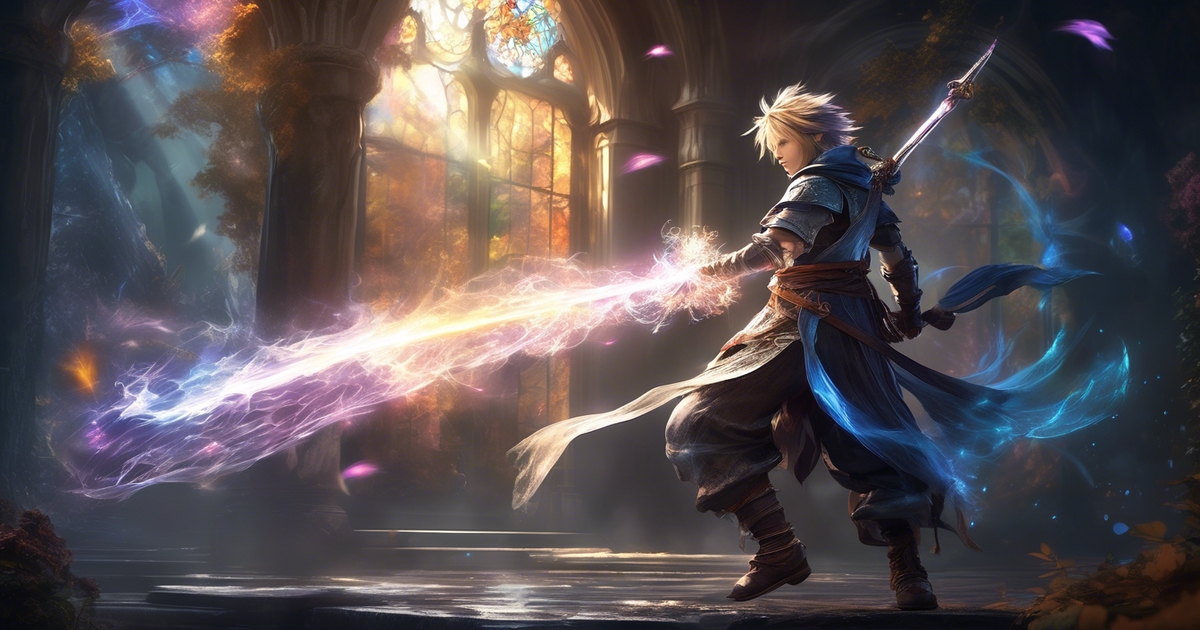
Final Fantasy is a series of popular video game RPGs celebrated for its captivating storytelling and diverse characters. The games blend strategic gameplay with immersive narratives, enticing players to engage with the rich, fantastical worlds.
2. World of Warcraft
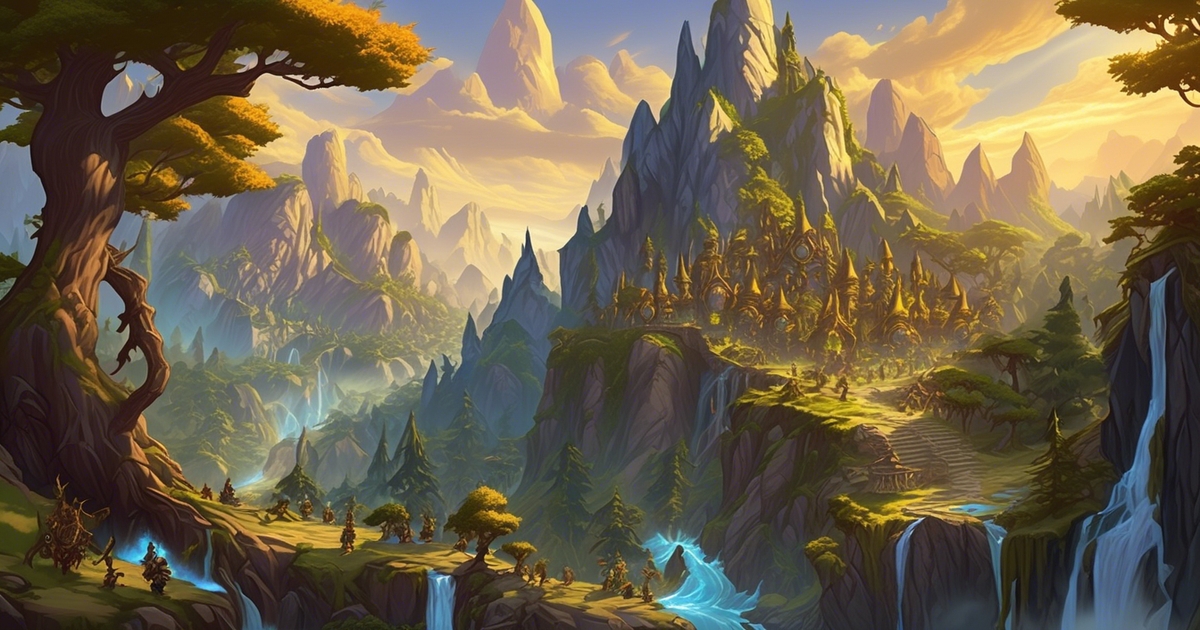
World of Warcraft stands as a quintessential example of multiplayer RPGs, specifically a massively multiplayer online RPG (MMORPG). With an expansive virtual world and social gameplay elements, it has captivated millions of gamers globally. Players can embark on epic quests, battle formidable foes, and interact with other players in this dynamic universe.
3. The Witcher 3: Wild Hunt
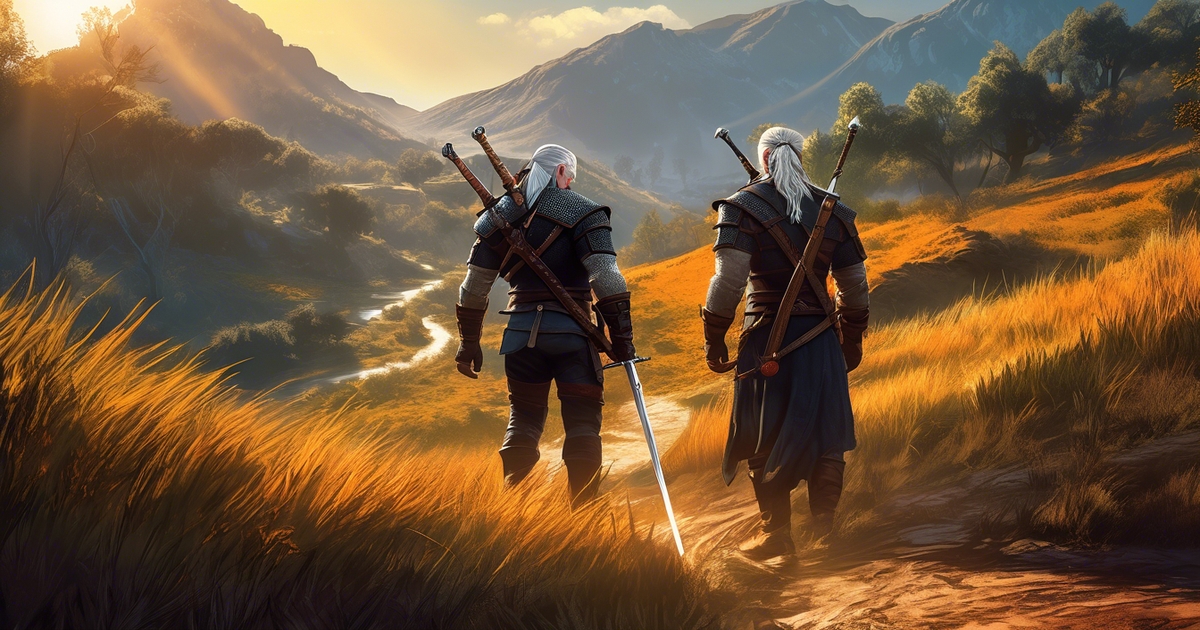
The Witcher 3: Wild Hunt represents one of the most acclaimed modern RPGs in the gaming industry. Renowned for its deep narrative and open-world exploration, this game has garnered widespread praise for its immersive storytelling and intricate quest design.
In these video game RPGs, players assume the roles of various characters within elaborate storylines, making impactful decisions that shape the course of their adventures. These experiences offer gamers an escape into fantastical realms where they can unleash their creativity and immerse themselves in thrilling narratives.
Conclusion
After delving into the world of RPGs, it’s evident that these games offer a diverse and immersive experience for gamers. From the early text-based adventures to the modern open-world epics, RPGs have continuously evolved, captivating players with their storytelling and character progression. Whether diving into a single-player quest or embarking on multiplayer escapades, the allure of RPGs lies in their ability to transport gamers to fantastical realms where they can shape their destinies.
As the gaming industry continues to innovate, embracing new technologies and narrative techniques, the future of RPGs appears promising. Gamers are encouraged to explore the vast array of RPG titles, discovering new worlds and narratives that await their exploration. With each game offering a unique adventure, there’s a RPG out there for every type of player, ready to provide hours of entertainment and unforgettable experiences.
Frequently Asked Questions
What is an RPG?
An RPG, or role-playing game, is a genre of video game where players assume the roles of characters in a fictional setting. They take on quests, interact with non-player characters, and develop their characters’ abilities.
How have RPGs evolved over time?
RPGs have evolved from text-based adventures to visually stunning, immersive experiences. They now incorporate complex narratives, advanced graphics, and interactive gameplay elements that engage players in ways never seen before.
What are the different types of RPGs?
There are various types of RPGs including action RPGs, tactical RPGs, and MMORPGs. Each type offers unique gameplay mechanics and storytelling approaches tailored to different player preferences.
What are some unique features of RPGs?
RPGs often feature character customization, decision-making that impacts the storyline, and progression systems that allow players to level up their characters’ skills and abilities as they advance through the game.
How do RPGs differ from MMORPGs?
While both genres involve role-playing elements, MMORPGs (massively multiplayer online role-playing games) enable large numbers of players to interact in a persistent online world simultaneously. This creates a dynamic social environment not typically found in traditional single-player or small-group RPG experiences.
